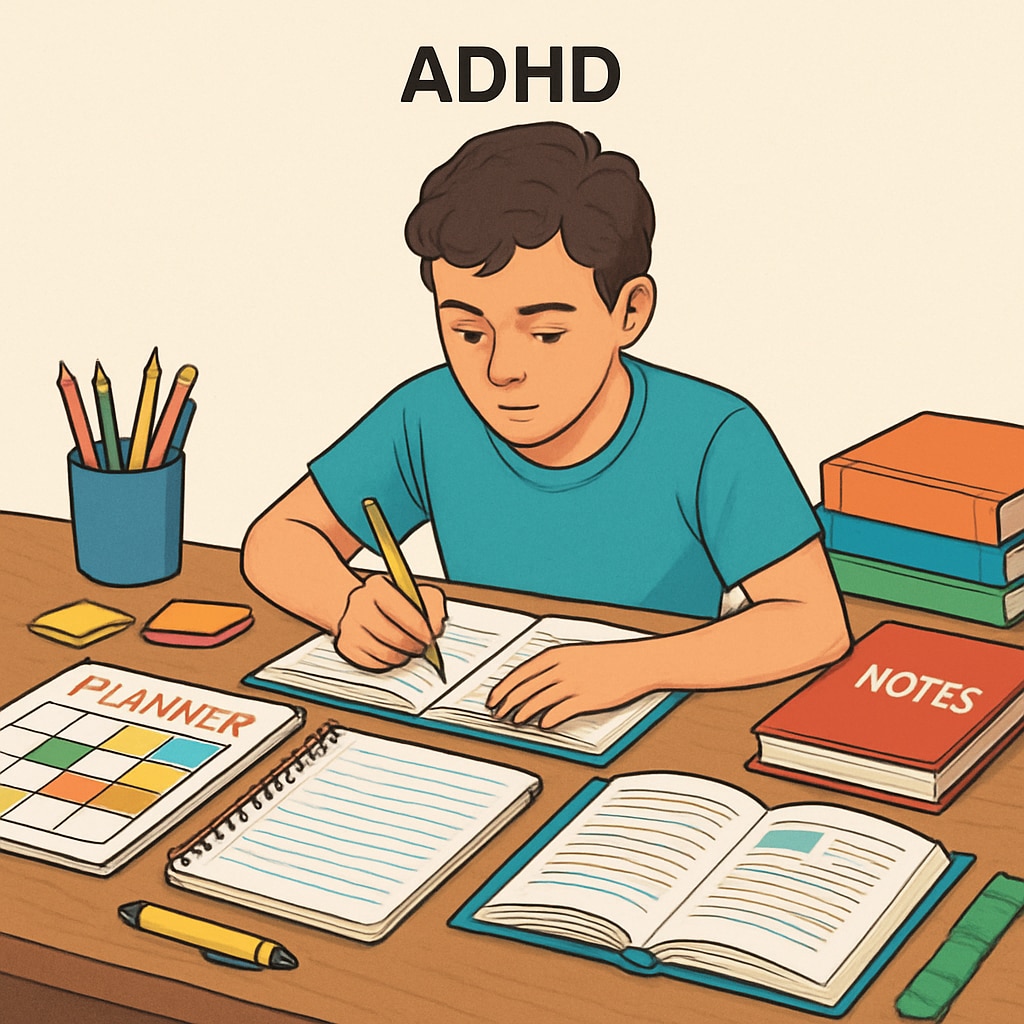Facing credit deficiency in high school can be an overwhelming challenge, especially for students with ADHD (Attention Deficit Hyperactivity Disorder). ADHD often introduces unique hurdles, such as difficulties with focus, time management, and organization, which can exacerbate academic struggles. However, with determination, a personalized plan, and effective resources, students can recover missing credits and graduate on time. This article offers practical strategies to help students—and their families—navigate this journey.
Understanding the Challenge of Credit Deficiency
High school credit requirements are structured to ensure students complete core subjects like math, science, and English, along with electives. Missing a significant number of credits can occur due to absenteeism, personal issues, or ADHD-related challenges. The consequences often include delayed graduation or the need for alternative educational pathways. However, it’s important to remember that credit recovery is possible with the right strategies.

Key Steps to Recover Missing Credits
Recovering high school credits within two years requires a clear plan and commitment. Below are the essential steps:
- Evaluate the credit gap: Meet with your school counselor to determine how many credits are missing and which subjects require attention.
- Create a personalized plan: Tailor the credit recovery strategy to fit the student’s learning style and ADHD needs. Break the plan into manageable milestones.
- Utilize alternative credit recovery options: Many schools offer summer school, online courses, or dual enrollment programs to help students catch up.
- Set achievable goals: ADHD students often benefit from breaking tasks into smaller, actionable steps. For example, aim to complete one course every month instead of overwhelming yourself with multiple subjects simultaneously.
Supporting ADHD Students Through the Process
ADHD students face unique challenges that require additional support. Here are ways to ensure success:
- Build a structured routine: Consistency is key for ADHD students. Design a daily schedule that incorporates study time, breaks, and rewards.
- Use organizational tools: Tools like planners, reminders, and digital apps can help students stay on track with assignments and deadlines.
- Seek professional support: Therapists or ADHD coaches can provide strategies to improve focus and reduce procrastination.
- Engage in active learning: Encourage methods like group discussions, hands-on projects, or teaching back concepts to reinforce understanding.

Optimizing Resources for Credit Recovery
In addition to school-provided resources, external tools can aid in credit recovery:
- Online learning platforms: Websites like Khan Academy and edX offer free or affordable courses in core subjects.
- Dual enrollment programs: These allow students to take college-level courses for high school credit and accelerate graduation.
- Community resources: Libraries and local tutoring centers often provide academic support tailored to individual needs.
By using these resources, ADHD students can access flexible learning options that accommodate their unique challenges.
Staying Motivated During the Journey
Recovering credits is a long-term process that requires persistence and adaptability. Here are some tips to maintain motivation:
- Celebrate small victories: Completing each course or assignment is worth celebrating—acknowledge the progress.
- Involve family support: Family members can provide encouragement and accountability throughout the process.
- Focus on the end goal: Visualize graduation day and the opportunities it will bring.
As a result, students can transform the daunting task of credit recovery into a meaningful journey toward achieving their academic dreams.
Conclusion: The Path Forward
While credit deficiency in high school may feel insurmountable, it is important to remember that solutions exist. ADHD students can overcome these obstacles by leveraging tailored strategies, effective resources, and a strong support system. With determination and the right tools, graduating high school becomes not only achievable but a rewarding accomplishment.
Readability guidance: This article is structured with concise paragraphs, actionable lists, and balanced sentence lengths to ensure accessibility for readers of varying academic levels. Overcoming credit deficiency is possible with the right mindset and resources.


